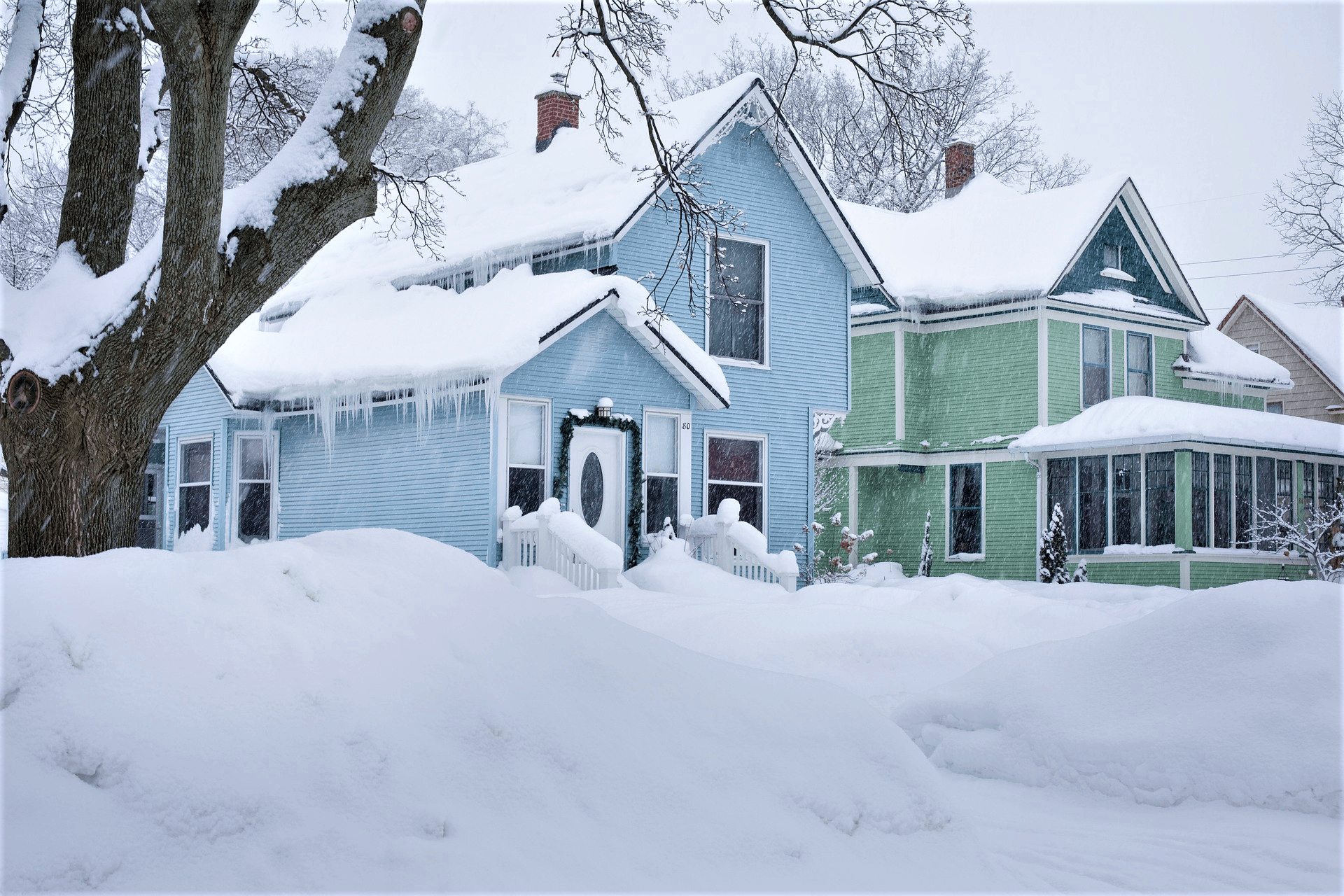As the seasons change from warm to cold, it’s easy to crank up the heat to stay warm. It’s also normal to see an increase in consumption during the holidays as most people spend the holidays at home with their families. However, with the continuation of covid-19 restrictions we’ve also seen an increase in the number of people working from home even before and after the holidays. This can results in more energy usage per household, with bills that are much higher than normal.
The following tips can help you become more energy efficient during the winter months, and help you save money on your bills in addition to helping reduce carbon emissions.
Draught-proofing
Depending on the condition of your home, you may be losing warm air through draughts around your windows and doors, and gaps in the floor. Draught-proofing and sealing gaps can be an easy and inexpensive way to reduce heat loss.
Lower the temperature on your thermostat
lowering the temperature by even a couple of degrees can make a difference in your energy bill. You can also set a timer so your heat only comes on automatically during the specified times you have selected. This will ensure that your heat isn’t on 24/7 and will in turn lower your usage and save you significant amounts of money.
Alternatively, you can install a smart meter so you can see how much energy you’re using and how much it costs. This way your supplier will get the actual reading and you only pay for what you used as opposed to paying an estimated amount.
Upgrade your boiler
If you’ve got an older boiler you should consider investing in a newer and more efficient one. The cost of replacement will vary, but it can save you money down the line. If replacing your boiler is not an option, you could instead have your current one serviced to ensure it is running as smoothly as possible.
Turn off unnecessary lights
At some point or another, we’ve all come home to find lights on that we forgot to turn off before leaving the house. With the lights being on for long periods of time, you’re essentially wasting electricity and money. It’s time to get smart about lighting and get into the habit of turning it off whenever you’re not using it.
Alternatively, you can replace your bulbs to LEDs to become more energy efficient. LED lights use at least 75 percent less energy than traditional incandescent bulbs, providing your with savings on your energy bill this winter. It would be helpful if you choose LED lights for your holiday decorations as well.
Turn off unused appliances
Turning off all electrical appliances and electronic devices at the plug can further lower your energy usage since they still use power on standby mode.
You can also replace your old appliances with newer and more energy efficient one to save you money on your energy bill. All appliances are rated on a scale of A to G or A+++ to G, with A or A+++ being the most efficient. It’s best to always check the energy label and look for a product with a good energy rating for the type of appliance that you’re looking to purchase.
Keep the heat in
In addition to controlling your heat consumption, it is important to ensure you’re actually keeping the heat in your house. Heat easily escapes through the walls, the bottom of your house, and your roof if proper insulation isn’t in place.
By insulating your solid and cavity walls, you could keep the heat in and lower your overall energy consumption. Similarly, if you live in a bungalow or a ground floor flat, insulating under the floorboards can help avoid heat escaping through the floors. The same could be done to the loft area of the house to reduce heat loss.
Save Water and use cold water wherever possible
Energy is required to produce hot water, therefore your water usage affects your energy usage. Using water wisely at home can help reduce your energy bill and avoid waste water. So pay attention when you’re using water. For example, turn the tap off while brushing your teeth, avoid long showers, and use cold water whenever possible.
You can further reduce the temperature on your washing machine and wash your clothes at 30 degrees or less. Washing full loads each time can also help save both water and electricity.
Read here – First-Time Home Buyers’ Guide
Watch Here – Informative YouTube video



